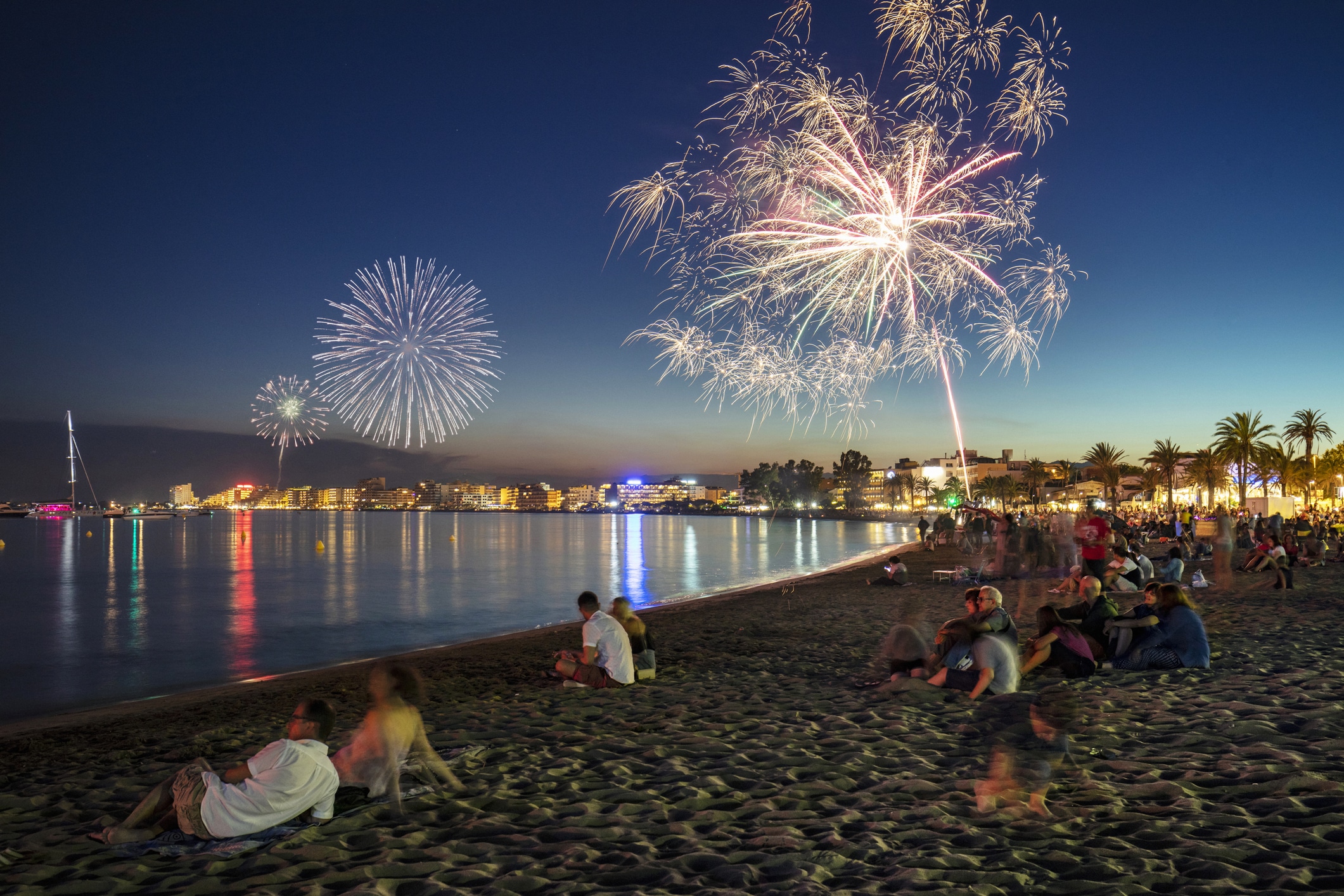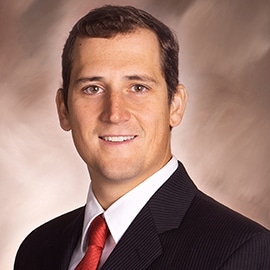
As families in Kentucky and Indiana get ready for a special Fourth of July celebrating our nation’s birthday, UofL Physicians – Eye Specialists highlights the importance for everyone to practice proper fireworks safety.
Ocular injuries related to fireworks can often be devastating. A fireworks blast can rupture the globe, cause chemical and thermal burns, corneal abrasions, orbital trauma, and retinal detachment.
The U.S. Consumer Product Safety Commission reported that fireworks were responsible for more than 10,000 injuries requiring treatment in emergency rooms. In U.S. emergency rooms, the annual eye injuries related to fireworks has more than doubled since 2012, from 600 to nearly 1,300.
As an ocular and orbital trauma surgeon I have seen some disastrous fireworks related injuries. I have treated patients from the age of 6 to 76 with eye or orbit related fireworks trauma. I have even had to tell a volunteer firefighter that his vision and eye could not be saved as a result from a fireworks explosion. I know that a fireworks related injury doesn’t care how old you are and according to the commission’s report, 35 percent who sustained a fireworks injury are age 15 and under.
One common myth about fireworks is “small is safe.” Sparklers can burn at nearly 2,000 degrees. That is hotter than boiling water! Even poppers or snappers can cause danger to the eyes. For this reason, parents and guardians must address issues of fireworks safety with their children so they know the risk of blindness is real.
The American Academy of Ophthalmology has provided some very helpful tips to keep you and your loved ones safe this fireworks season:
For those who attend professional fireworks displays and/or live in communities surrounding the shows:
- Respect safety barriers at fireworks shows and view fireworks from at least 500 feet away.
- Do not touch unexploded fireworks; instead, immediately contact local fire or police departments to help.
For those who decide to purchase consumer fireworks because they live in states where they are legal:
- Never let children play with any type of firework, including sparklers
- People who handle fireworks should always wear protective eyewear that meets the parameters set by the American National Standards Institute.
- Leave the lighting of professional-grade fireworks to trained pyrotechnicians.
If you experience a fireworks-related eye injury:
- Seek medical attention immediately.
- Avoid rubbing or rinsing the eyes or applying pressure.
- Do not remove any object from the eye, apply ointments or take any pain. medication before seeking medical help.
For more information about eye safety, visit the American Academy of Ophthalmology at aao.org/eyesmart.
About Oculoplastic and Orbital Team at UofL. The oculoplastic and orbital surgery division sees patients in Louisville with satellite offices in Elizabethtown and Owensboro, Ky. and Madison, Ind. They diagnose and treat many periocular and orbital disease. These disease processes include aesthetic and reconstructive surgery specializing in the face, orbits, eyelids and lacrimal system, specifically: ophthalmic Graves’ disease, repair of oculofacial/orbital trauma, development and reconstruction of the anophthalmic socket, correction of eyelid malposition, and tearing/lacrimal outflow issues.
To refer a patient to the Oculoplastic department, please call 502-588-0550.









